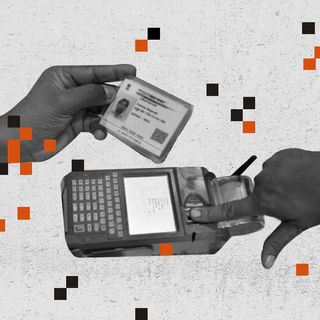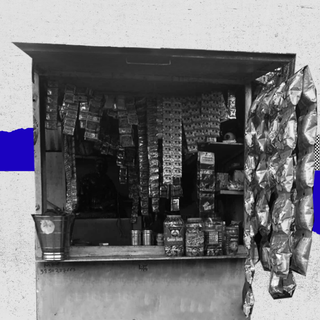The Union Ministry of Social Justice and Empowerment recently recommended taking a more humane approach while dealing with small-time drug users. They noted India’s drug law, the Narcotic Drugs and Psychotropic Substances (NDPS) Act, does not provide any relief for recreational users or first-time users. The ministry also advised against imprisoning drug users or addicts.
The suggestions about reforming the NDPS Act responded to the Department of Revenue’s call to different ministries to suggest changes to India’s drug law. The ministry sought to decriminalize possession of small quantities of drugs for personal consumption, The Indian Express reported.
The NDPS Act is the grounding piece of legislature that dictates how the country legally looks at drug use. It was constituted in 1985, prohibiting trade, production, use, and possession of drugs and psychotropic substances — irrespective of purpose (excluding medical and scientific reasons). While it takes a reformative approach towards “addicts” by giving them immunity from imprisonment later, the Act also criminalizes drug use for personal consumption.
One recommendation pertains to Section 27A of the NDPS Act — one which talks about long-term imprisonment of anyone charged under NDPS. It doesn’t distinguish between addicts, recreational users, or first-time users. The Social Justice ministry proposed that the prison term and fine be swapped with treatment in government-run rehabilitation and counseling centers for a minimum period of 30 days. The Narcotics Control Bureau (NCB) has used Section 27A, in tandem with Section 29, in celebrity cases like that of Aryan Khan’s and Rhea Chakraborty’s. The Federal termed these instances as “cosmetic arrests” and violations of privacy.
As these cases are turned into “scandals,” one can’t help but note that much of the rationale around the NDPS Act is rooted in moral anxiety instead of a public health concern. “India sees drug consumption as a criminal offense, believing that criminalizing drug use is the strongest symbol of society’s condemnation. But this criminalization leads to far more harm than mere drug use could ever do,” notes Vidhi Centre for Legal Policy.
Related on The Swaddle:
Stigma Against Addicts in Recovery Slows Down Their Progress: Study
The current suggestions respond to two ideas. One, it highlights the loopholes with the NDPS and its unbridled usage under the NCB. Senior Advocate Rebecca John told The Federal the real “mischief” lies in arresting persons with small quantities of drugs. “These are bailable offenses, but in order to justify the arrest, they routinely talk of international conspiracies, funding, etc that gives them time to convert a bailable offense to a non-bailable one and extend the period of detention – which is clearly illegal,” she noted. Most NDPS cases (97.3% in 2018) in Mumbai, for instance, dealt with “possession [of drugs] for personal consumption,” according to a study. The study noted this usage has led to the law exploiting people it sought to protect.
Secondly, it lacks nuanced distinctions between recreational users and addicts. “There is a deep lack of sophistication and nuance in the understanding of addiction in India – either on the level of society, or the law – and our laws are a reflection of our collective ignorance and bias,” writer Ronny Sen noted in Akademi Mag.
Arguably, the law does a disservice to the malaise of addiction without making nuanced distinctions; but also, it doesn’t define the legal scope of “definition.” Such clarity in understanding what classifies as addition inevitably helps to successfully treat people by creating awareness and giving people rights.
Criminalizing drug use only perpetuates stigma instead of addressing the problem of addiction. This is reaffirmed by experts time and again; the International Narcotics Control Board, for instance, also recommended decriminalization of drug use.
Any legislation about drug use must be mindful of ground realities. As Sen argued: “We have to start in more basic and fundamental ways: first, by recognizing addiction as [an] illness, and not confusing this with a misguided moral or ethical position.”




